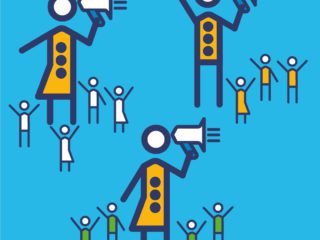Part of our service to brands is helping them to manage their reputations on social media, including managing and moderating communities and social media pages.
To do that effectively, we have to look after our team’s mental wellbeing.
When you’re managing a community or social media page, you can sometimes be exposed to inappropriate, abusive or even illegal content. That can take its toll, without the right care and support.
We have an amazing full time psychology and wellness expert, Chatelle Jeram, on our team, and we’ve worked together to develop a wellbeing programme which we run both for our own teams and for client teams, to help them deal with the tougher side of their jobs.
Moderators, for example, perform an essential role in a digital world. They make sure that the content appearing on a brand’s page is age-appropriate, complies with local laws, and doesn’t break the terms of a brand’s community. Sometimes, that means facing hate speech, abusive language or threats, and occasionally distressing messages or images.
Teams who manage a community or social media page for a brand will, from time to time, have to deal with people who can be abusive because they don’t agree with the brand’s stand on issues such as LGBTQ+ rights, political viewpoints or even product changes.
It’s important that they are all able to distance themselves from that, and not carry the burden of things they have encountered at work. That’s particularly true when you work from home – you want to be able to create distance between your work life and your home life.
We’ve created a ‘gold standard’ programme that is designed to support our teams, which includes:
- Content impact training. When we start a project, our teams go through a 90-minute training session covering concepts like fight, flight and freeze – helping them to recognise when they may be experiencing problems. We ask them to think about what self-care means for them, and everyone on the team gets involved in a group session so that they can get to know the other people on their team.
- Provide ongoing one-to-one support. Our programme includes a one-to-one session (between the moderator and the person providing psychological support) every quarter. It’s a 30-minute session, and while we provide some structure, it’s mainly a freeform discussion.
- Have support available when it’s needed the most. Outside of the one-to-one sessions, our teams know that they can message their support person whenever they need to chat. We also provide a wellness inbox so that the team can email if they’re more comfortable with text.
- Hold monthly group debrief sessions. These sessions usually last for one hour and have four to six people participating. It’s another way for people to bring up issues, and it gives the team a chance to meet as a group, to avoid isolation. Ideally, people are on video, but we realise that some people are more comfortable not doing that, and they should have the choice.
The programme has helped us – and our clients – learn more about how to help our teams manage their mental wellness, and equip them to deal with some of the more difficult things they encounter at work.
We’ve created the programme to be flexible enough to adapt to what team members are comfortable with – as the goal is to find out what works best for them individually.
As debates become more polarised on social media, and more people working in online communities or brand’s social media pages are exposed to negative content online, it’s even more important for both brands and their agencies to prioritise their teams’ wellbeing to enable them to cope effectively.






Leave a Reply